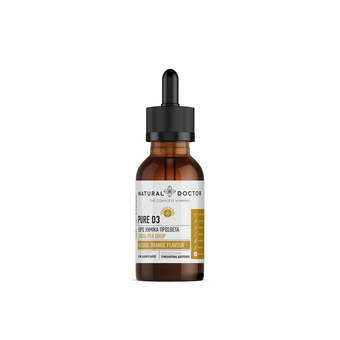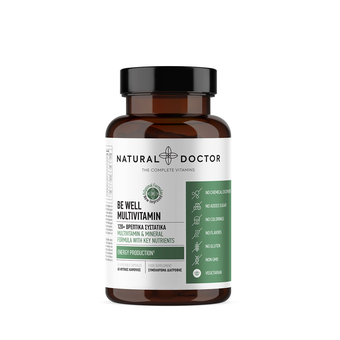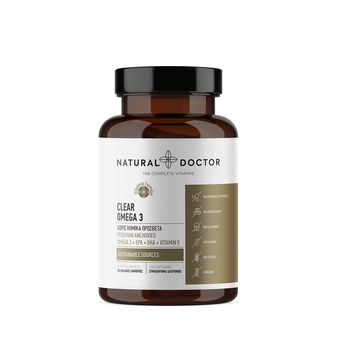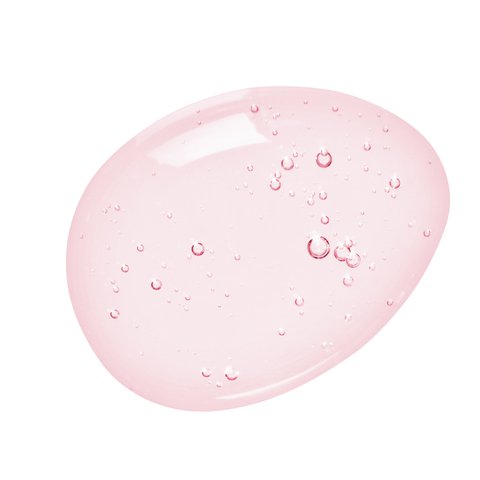3 Nutritional Supplements for Nursing Mothers

We are what we eat. An old saying that clearly applies to nursing mothers and their babies. Breast milk contains essential nutrients that support the baby's healthy development, especially in the first months.
During pregnancy and breastfeeding, it is vital to maintain a balanced diet rich in fresh fruits and vegetables, whole grains, and foods containing calcium and proteins. A healthy diet also provides the energy the body needs to function and produce more milk for the newborn.
During breastfeeding, particular nutritional needs are created the newborn and the mother. So the quality of the calories is just as important as the quantity, and they should derive from healthy foods with lots of nutrients rather than foods with added fat or sugar.
A balanced diet, rich in nutrients, is undoubtedly a fundamental principle for healthy, high-quality breast milk, rich in minerals, vitamins, nutrients and trace elements, which offer significant benefits during breastfeeding. The right amount of the following nutrients can help maintain health and lactation.
Rich multivitamin
Pregnancy depletes essential nutrients, such as folate, iron, vitamin D, fatty acids and calcium. In addition, mothers' daily needs for several nutrients are even more significant during breastfeeding than during pregnancy. The body uses nutrients and vitamins to produce breast milk.
Breastfeeding mothers have a higher risk of developing multi-nutrient deficiencies than non-breastfeeding mothers. A rich multivitamin will ensure nursing mothers get the required amount of folic acid and other vitamins and minerals.
Be Well Multivitamin
Be Well Multivitamin is rich in nutrients, such as folic acid, magnesium, B vitamins, and trace elements, to fully support the body for stimulation, anti-fatigue and antioxidant protection.
It contains vitamins in their active natural form, extracts from fruits and vegetables, flavonoids, digestive enzymes of plant origin, mineral salts, 75 trace elements, enzymes and amino acids, inositol and choline.
Vitamin D
Vitamin D deficiency may result in rickets in children and osteomalacia in adults. Recent studies show reduced stores of vitamin D in breast milk, resulting in infants under six months of age receiving an insufficient amount through breastfeeding.
Pure D3
A vitamin D supplement such as Pure D3 is essential to maintain normal vitamin D levels in the nursing mother. Liquid Vitamin Pure D3 contains the form of vitamin D3, cholecalciferol, that is activated in the body, depending on its needs.
Vitamin D3 contributes to maintaining normal blood calcium levels and the normal condition of bones and teeth. It also maintains calcium levels in the blood within normal limits, increasing its absorption from the intestine and reducing renal excretion.
In this way, vitamin D3 contributes to maintaining bone mass and calcium-phosphorus homeostasis.
Fish oil
Research shows that mothers who breastfeed and take omega-3 as a dietary supplement have more EPA/DHA fatty acids in their milk. Even after birth, in breastfeeding women, omega-3s from fish oil can improve a newborn's early brain development, visual system, and motor function.
Clear Omega 3
CLEAR OMEGA 3 contains high-quality omega-3 from Peruvian anchovies, free from heavy metals. They come from sustainable fishing sources and have been certified by the international organization "Friends of the Sea".
In addition, it contains the natural form of vitamin E, and not the synthetic derived from petrochemicals and is widely used in many supplements.





